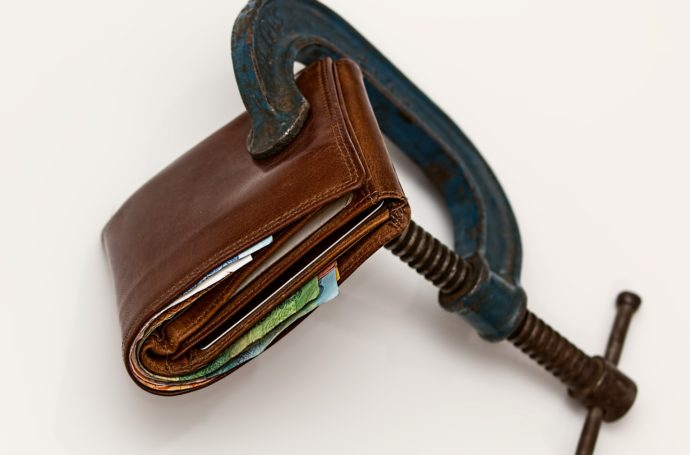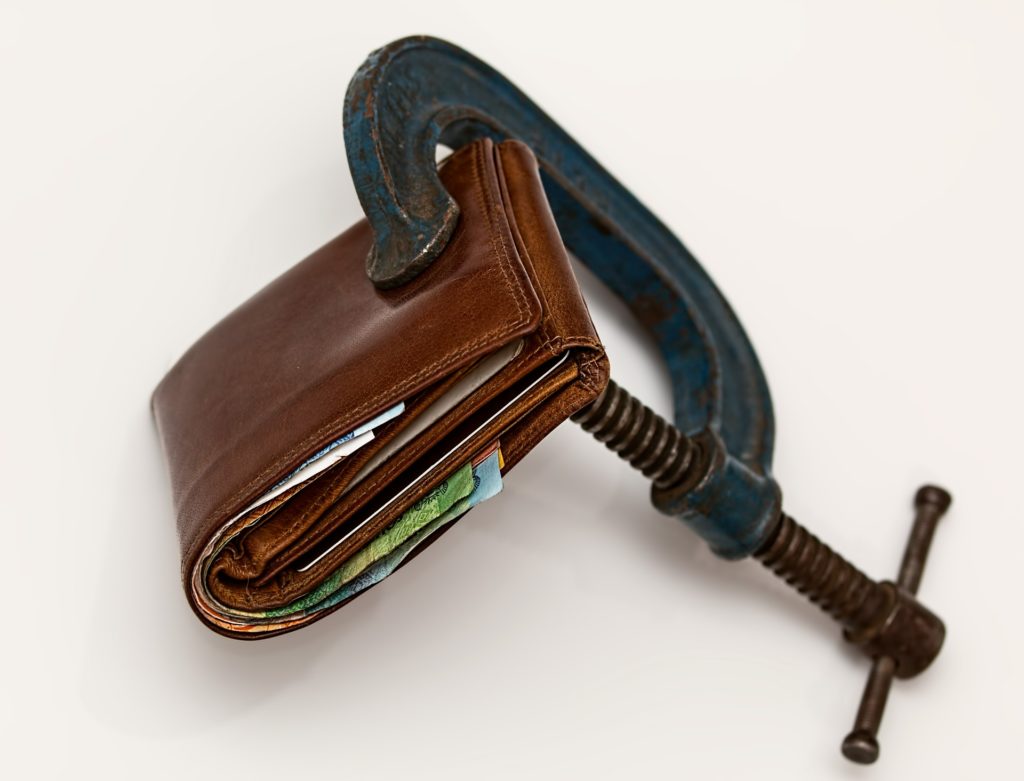
Did you take out a reverse mortgage? Many seniors consider reverse mortgages to deal with financial issues that they encounter during retirement.
There can be a lot of great reasons to take out a reverse mortgage. However, they are not without their own issues. You need to be aware of the potential pitfalls that you are going to encounter when you have a reverse mortgage.
Some of the problems with reverse mortgages might creep up on you over time. Fortunately, there are ways that you can deal with them.
Here are some things that you can do to offset any issues that were created by a reverse mortgage.
Consider refinancing your reverse mortgage
According to All Reverse Mortgage, “You can also refinance your reverse mortgage if you don’t like the interest or other terms associated with it. This might be your best option if you think that you will need to sell your property in a few years.” Refinancing will keep you from losing a large amount of money and interest. It would also be ideal if you want to make sure that your kids or other people inheriting your estate will get more.
The process of refinancing your reverse mortgage is very similar to that of refinancing a traditional mortgage. The only caveat is that you generally need to wait at least 18 months after taking out the original reverse mortgage before you can refinance it.
You should take a close look at your credit history before submitting a refinancing application. Your payment history keeping up property charges is going to be the most important factor for qualifying for a better HECM in most cases.
If your credit has improved since you took out the last reverse mortgage, you will possibly be able to qualify for that terms. You can also try to take steps to improve your credit score if you want to take preemptive measures to get a better deal. You should start by looking at your credit reports and seeing if there are any errors on them. Around 20% of all credit reports contain errors, which could be hurting your score. You should also take a close look at any outstanding debt that you have. If you still have a large amount of money from your reverse mortgage, then you should use it to pay off high interest debts, such as credit card bills. This will both boost your credit score and minimize your long-term expenses. It will be a win-win, especially if you get a cheaper read on your reverse mortgage.
You should also settle any possible liens on your property. They could be hurting your potential of getting a better read on your reverse mortgage.
Lease your home instead of selling it before you move
When you take out a reverse mortgage, the bank is going to give you money that will later be taken out of the value of your home. Unfortunately, you have to hold onto the property if you don’t want to pay the reverse mortgage loan back.
You might end up in a situation where you really can’t stay in your home. You might feel like you are a prisoner to your loan, because it is keeping you from relocating if you can’t afford to pay it back.
You might not have been concerned about this when you first took out your reverse mortgage. You probably thought that you would never relocate. Unfortunately, problems happen. You might get an unexpected divorce. You might develop health problems that prevent you from living in an area with bad weather or excessive pollution. Your kids might take new jobs in another state, which forces you to move as well if you want to be close to them.
Before you bite the bullet and sell your home to repay your reverse mortgage, you should explore other options. One idea that you might want to consider is leasing out your home and using the cash from it to pay for new housing wherever you want to relocate.
This might give you the best of both worlds. You get to keep the money that you secured from your reverse mortgage and have the flexibility to relocate at the same time. You don’t even have to physically deal with your tenants if you are willing to outsource that obligation to a property management company.
Explore property tax relief services
Property taxes are among the reasons that people when face problems with their reverse mortgages. You might be required to repay your reverse mortgage if you stop paying your property taxes.
You might be able to get ahead of the problem by seeking property tax relief services. The terms of these services vary between jurisdictions, so you should pay close attention to the requirements. The governor of Idaho recently signed a property tax relief bill, which is an example of how these services work. If you are eligible, you might avoid property tax problems that could trigger a requirement to repay your reverse mortgage.
Make sure that you are reverse mortgage is a benefit rather than a liability
There are a variety of reasons that reverse mortgages have become popular in recent years. They really do offer a lot of benefits. However, there are some situations where they could become a burden, so you need to take steps to avoid that from being the case.






